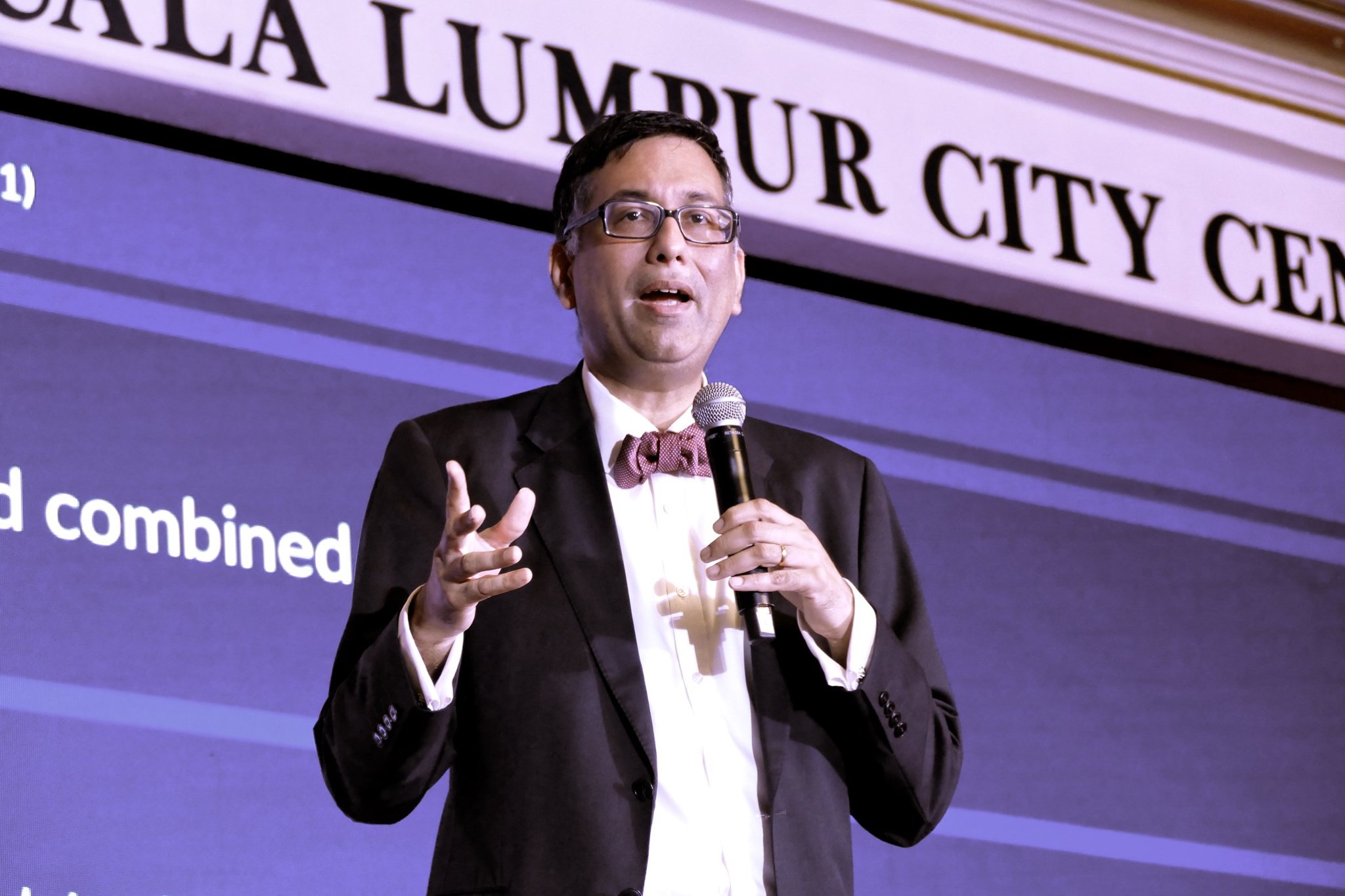KUALA LUMPUR, August 31 – The new Advisory Council for the Health White Paper (HWP) should include economists and health care financial experts, instead of solely medical doctors, the Association of Private Hospitals Malaysia (APHM) said today.
The 13-member HWP Advisory Council announced by Health Minister Khairy Jamaluddin yesterday, which is co-chaired by former Health Minister Dr S. Subramaniam and Axiata Group chairman Shahril Ridza Ridzuan, does not have a single economist.
Shahril was formerly managing director of sovereign wealth fund Khazanah Nasional Berhad and previously served as chief executive officer of the Employees Provident Fund (EPF).
“The advisory council should have economists and health care financial experts instead of exclusively medical doctors in order to have the desired outcomes,” APHM president Dr Kuljit Singh said in a statement.
Prof Dr Syed Mohamed Al-Junid, one of the HWP Advisory Council Members, is a professor of health economics and is currently chair of the Department of Health Policy and Management at the Faculty of Public Health in Kuwait University.
The remaining members are all either physicians or academics.
“The main thrust of the White Paper should focus on the restructuring of public health care in order to provide easy and seamless health care to all citizens with smart partnership with private health care, without any change in the existing business structure of the private health care [sector], which includes any sort of regulatory efforts in cost,” Dr Kuljit said.
According to the Ministry of Health’s Malaysia National Health Accounts (MNHA) Steering Committee in a presentation on November 3, 2021, private health care comprised about 45 per cent of Malaysia’s total expenditure on health in 2020.
Of the RM67 billion total expenditure on health in 2020, private household out-of-pocket expenses comprised 34.5 per cent, while private insurance made up 7.4 per cent.
“This has significantly reduced the government expenditure, particularly for those who can afford private health care,” Dr Kuljit noted.
He also pointed out that private health care costs in Malaysia are currently the lowest in the region, despite rising costs of imported health care devices and products.
“The contribution of 220 plus private hospitals in urban and sub-urbans parts of the country have increased accessibility to health care to many citizens and non-citizens, including from local corporate entities and foreign business investment companies and expatriates.
“Medical tourism is an additional source of income for the country that the White Paper should consider to strengthen it further,” said Dr Kuljit.
At the recent Health Policy Summit organised by the Ministry of Health, Khairy raised health care financing as one of the themes in the document, saying that Malaysia’s public health care budget should be doubled to 5 per cent of the gross domestic product over the next few years.








